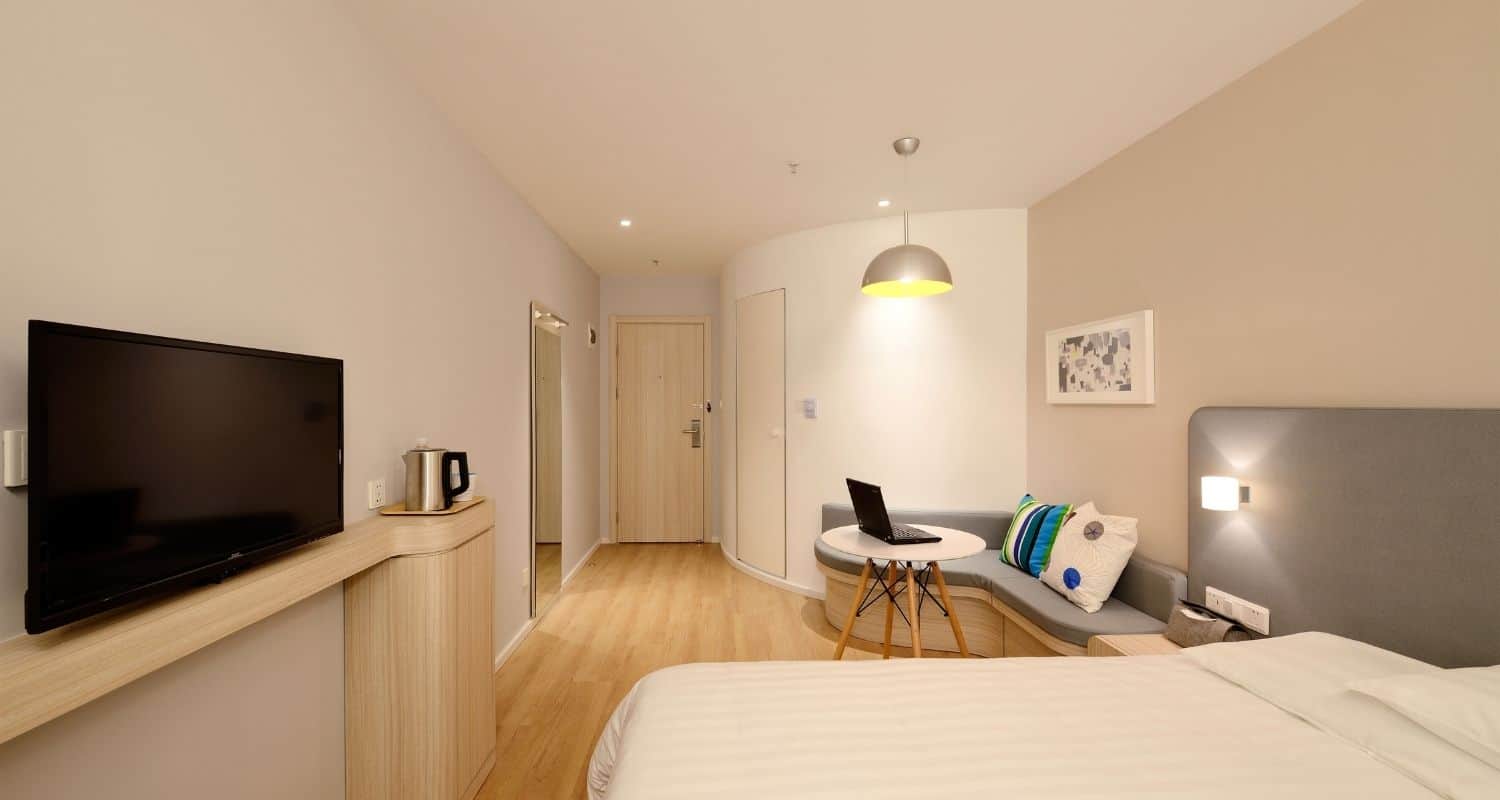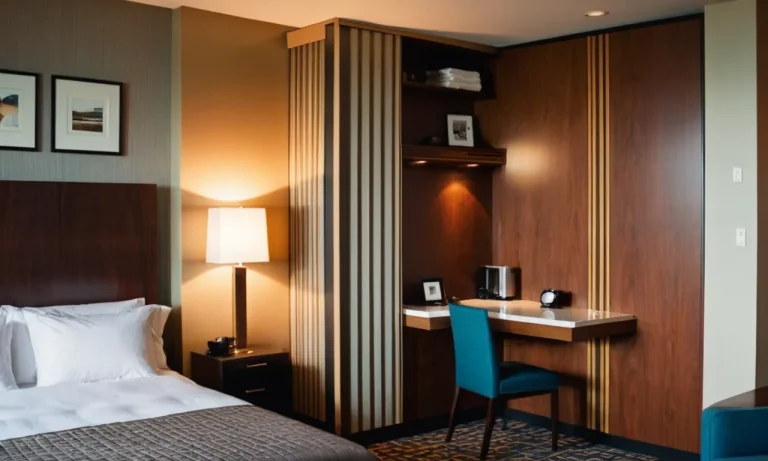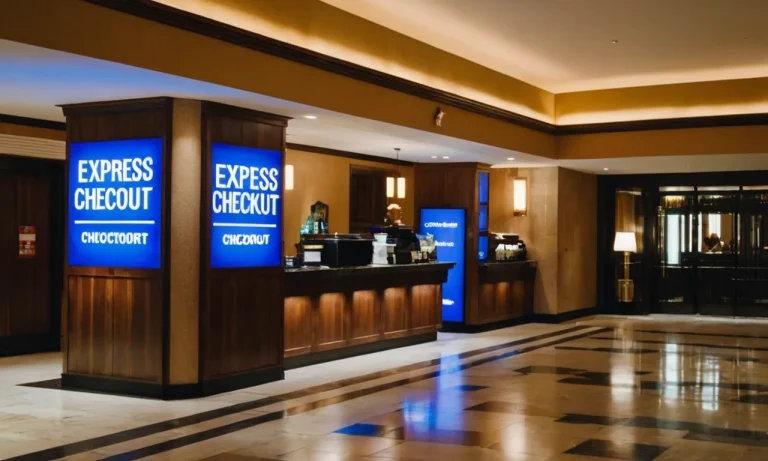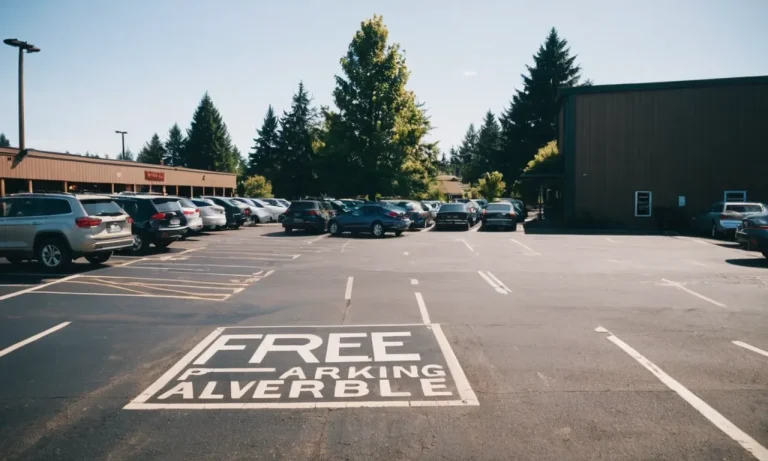What is Hotel Price Gouging? A Comprehensive Guide
Have you ever booked a hotel room only to find out that the price has skyrocketed for no apparent reason? If so, you may have been a victim of hotel price gouging – a controversial practice that has been the subject of much debate in the hospitality industry.
If you’re short on time, here’s a quick answer to your question: Hotel price gouging refers to the practice of hotels raising their room rates excessively and unreasonably, often in response to high demand or during emergencies or special events.
In this comprehensive article, we’ll delve into the intricacies of hotel price gouging, exploring its definition, causes, legalities, and the impact it has on consumers. We’ll also provide insights into how travelers can protect themselves from falling victim to this practice and offer alternative strategies for finding affordable accommodations.
Understanding Hotel Price Gouging
What is Hotel Price Gouging?
Hotel price gouging refers to the practice of hotels drastically raising their room rates during periods of high demand or emergencies, such as natural disasters or major events.
This sudden and substantial increase in prices is often seen as a form of exploitation, as hotels capitalize on the limited supply and increased demand to maximize their profits. According to a report by the Federal Trade Commission, price gouging typically involves pricing goods or services much higher than their normal or reasonable levels.
Common Scenarios for Price Gouging
Price gouging in the hotel industry can occur in various situations, including:
- Natural disasters: When hurricanes, wildfires, or other natural calamities strike, hotels in the affected areas may raise their prices significantly, taking advantage of the influx of displaced residents and emergency responders seeking accommodation.
- Major events: During large-scale events like concerts, sports tournaments, or conventions, hotels near the venue often hike their rates due to the increased demand for rooms.
- Holidays and peak seasons: Some hotels raise their prices during popular travel periods, such as summer vacations or major holidays, when demand for accommodation is at its highest.
In a study published at ResearchGate.net, it was found that hotel price gouging is indeed common in the lodging and hospitality industry, where hotels take advantage of certain situations to increase their room rates.
The Debate: Fair Pricing or Exploitation?
The issue of hotel price gouging has sparked a debate between those who view it as a fair response to market forces and those who consider it an unethical exploitation of consumers.
Proponents argue that hotels have the right to charge what the market will bear, and that price increases during high-demand periods are a natural consequence of supply and demand. They contend that consumers have the choice to accept or reject the offered rates.
On the other hand, critics argue that price gouging takes advantage of vulnerable consumers who have limited options during emergencies or major events. They believe that hotels should maintain reasonable and ethical pricing practices, even during periods of high demand.
Some states have implemented laws to prohibit or regulate price gouging, particularly during declared emergencies or natural disasters.
Ultimately, the debate over hotel price gouging highlights the tension between free-market principles and consumer protection. As consumers, it’s important to be aware of this practice and make informed decisions when booking accommodations, especially during high-demand periods.
By understanding the dynamics of hotel price gouging, you can better navigate the market and make choices that align with your values and budget.
Causes and Factors Contributing to Hotel Price Gouging
Supply and Demand Imbalances
One of the primary reasons behind hotel price gouging is the imbalance between supply and demand.
When the demand for hotel rooms surges, such as during peak travel seasons or major events, hotels may exploit this opportunity to raise their rates significantly. This practice is often referred to as “demand-based pricing.”
Hotel room prices can increase by an average of 30% during high-demand periods. However, it’s not just high demand that can lead to price gouging. In some cases, a limited supply of hotel rooms, perhaps due to a natural disaster or a major renovation project, can also drive up prices.
Hotels with a monopoly or near-monopoly in a particular area may take advantage of this situation to charge exorbitant rates.
Special Events and Emergencies
Major events, such as concerts, sporting events, or conventions, can also contribute to hotel price gouging. When a city hosts a high-profile event, the demand for hotel rooms skyrockets, and hotels may seize the opportunity to inflate their rates.
According to TechReport, during the Super Bowl, hotel prices in the host city can increase by an average of 140%. Emergencies and natural disasters can also trigger price gouging by hotels.
In times of crisis, when people are displaced and in need of temporary accommodation, some hotels may take advantage of the situation by charging excessively high rates. This practice is not only unethical but can also be illegal in certain jurisdictions.
According to the National Conference of State Legislatures, price gouging during emergencies is prohibited in many states, and violators can face hefty fines or even criminal charges.
Market Dominance and Lack of Competition
In some areas, a few major hotel chains or groups may dominate the market, leading to a lack of competition and creating an environment conducive to price gouging.
When consumers have limited options, hotels with a strong market presence may feel emboldened to charge inflated rates, knowing that customers have few alternatives. In markets with limited competition, hotel prices can be up to 20% higher than in areas with a more diverse range of options.
Furthermore, the consolidation of hotel chains through mergers and acquisitions can further reduce competition and potentially lead to price gouging. When major hotel companies acquire smaller chains or independent properties, it can create a monopolistic or oligopolistic market structure, giving the larger entities more power to dictate pricing.
According to ResearchGate.net, the top five hotel companies in the United States control almost 50% of the market share, which could potentially impact pricing practices. 📈🏨
Legal Implications and Regulations
Anti-Price Gouging Laws
Price gouging, or the practice of raising prices to unreasonably high levels during times of crisis or emergency, is a contentious issue in the hospitality industry. Many states and jurisdictions have implemented anti-price gouging laws to protect consumers from such predatory practices.
These laws typically prohibit businesses, including hotels, from raising prices excessively during emergencies like natural disasters, pandemics, or other crisis situations. However, the definition of “excessive” pricing can vary across different regions and circumstances.
Consumer Protection Regulations
Beyond anti-price gouging laws, there are various consumer protection regulations in place to safeguard travelers from unfair pricing practices by hotels. The Federal Trade Commission (FTC) enforces truth-in-advertising laws that prohibit deceptive or misleading advertising, including false claims about room rates or hidden fees.
Additionally, many states have their own consumer protection laws and agencies that oversee the hospitality industry. For example, Massachusetts has a comprehensive Consumer Protection Act that covers unfair or deceptive business practices, including those related to hotel pricing.
Industry Self-Regulation and Ethical Considerations
While legal regulations play a crucial role in curbing price gouging, the hospitality industry itself has also recognized the importance of self-regulation and ethical considerations.
Major hotel chains and industry associations have established guidelines and codes of conduct to promote fair pricing practices and maintain consumer trust. The American Hotel & Lodging Association (AHLA), for instance, has a Code of Conduct that emphasizes transparency, fairness, and ethical business practices.
Furthermore, hotels that engage in price gouging during emergencies or crises risk damaging their reputation and losing customer loyalty. In today’s digital age, where consumer reviews and social media can quickly spread awareness of unethical practices, hotels have a strong incentive to maintain a positive public image and prioritize consumer trust.
Many hotels also recognize the importance of corporate social responsibility and aim to strike a balance between profitability and ethical business practices.
Ultimately, while legal regulations play a crucial role in curbing price gouging, the hospitality industry itself has a vested interest in self-regulation and ethical considerations.
By promoting transparency, fairness, and consumer trust, hotels can not only avoid legal consequences but also maintain a positive reputation and foster long-term customer loyalty. It’s a win-win situation for both consumers and the industry alike.
Impact on Consumers and the Travel Industry
Financial Burden on Travelers
Hotel price gouging can have a significant financial impact on travelers, particularly during peak travel seasons or major events. When hotels artificially inflate their rates, it can make accommodations unaffordable for many consumers, forcing them to either stretch their budgets or seek alternative options.
This financial burden can be especially challenging for families, budget travelers, and those on fixed incomes. Price gouging during major events can lead to hotel rates increasing by as much as 300% or more, making it virtually impossible for some travelers to afford a stay.
Moreover, price gouging can discourage travel altogether, as potential visitors may choose to postpone or cancel their trips due to the exorbitant costs. This not only impacts the travelers themselves but also the local economies that rely on tourism revenue.
A report by the World Travel & Tourism Council revealed that in 2019, the travel and tourism industry contributed $10.3 trillion to the global economy, or 10.4% of global GDP. Price gouging practices that deter travel could have far-reaching economic consequences for destinations and businesses reliant on tourist spending.
Reputational Damage for Hotels
While price gouging may seem like a lucrative strategy for hotels in the short term, it can have severe consequences for their reputation and long-term success. Consumers are increasingly savvy and vocal about unfair pricing practices, and social media has amplified their voices.
Hotels that engage in price gouging risk facing backlash from disgruntled customers, negative online reviews, and damage to their brand image.
The majority of travelers consider online reviews when booking a hotel, and negative reviews can significantly impact a hotel’s ability to attract new guests. Furthermore, the damage to a hotel’s reputation can extend beyond the immediate event or period of price gouging, as consumers may be reluctant to book with that hotel in the future, fearing similar practices.
Long-term Effects on Tourism
Price gouging can have long-lasting effects on the tourism industry as a whole. When travelers experience unfair pricing practices, it can erode their trust in the industry and make them hesitant to book future trips. This can lead to a decline in tourism revenue, impacting not only hotels but also restaurants, attractions, and other businesses that rely on visitor spending.
Moreover, price gouging can tarnish the reputation of entire destinations, making them less attractive to potential visitors. Many travelers said they would never return to a destination where they experienced price gouging. This can have severe consequences for local economies and job markets that depend on a thriving tourism industry.
To combat the negative impacts of price gouging, governments and industry organizations have implemented regulations and guidelines aimed at promoting fair pricing practices. However, enforcement can be challenging, and it ultimately falls on consumers to be vigilant and make informed decisions when booking travel accommodations.
By prioritizing transparency, ethical pricing, and customer satisfaction, hotels can foster trust and loyalty among travelers, ensuring the long-term sustainability of the travel industry.
Strategies for Avoiding Hotel Price Gouging
Advance Booking and Flexible Travel Dates
One of the most effective ways to avoid being a victim of hotel price gouging is to book your accommodation well in advance. Hotels often increase their rates as the travel dates approach and availability decreases.
By booking early, you can secure a better rate and potentially save a significant amount of money. Additionally, being flexible with your travel dates can also help you find more affordable options. Consider checking rates for different days or adjusting your trip by a day or two to take advantage of lower prices.
Exploring Alternative Accommodations
While hotels are the traditional choice for many travelers, exploring alternative accommodations can be a great way to avoid price gouging. Services like Airbnb and VRBO offer a wide range of vacation rentals, from apartments to entire homes, often at more reasonable prices than hotels.
These options can be particularly attractive for larger groups or families, as they provide more space and amenities at a fraction of the cost. Additionally, hostels and bed-and-breakfasts can also be budget-friendly alternatives, especially for solo travelers or couples.
Monitoring Prices and Negotiating Rates
Staying vigilant and monitoring hotel prices is crucial to avoid falling victim to price gouging. Websites like Trivago and Kayak allow you to compare rates across multiple booking platforms, ensuring you get the best deal. Additionally, don’t hesitate to negotiate rates directly with the hotel.
Many hotels are willing to offer discounts or special packages, especially during low seasons or for longer stays. 😊
According to Bloomberg, hotel prices are expected to rise by 15% in 2024. This underscores the importance of being proactive and employing strategies to avoid price gouging.
By combining advance booking, exploring alternative accommodations, and monitoring prices, you can ensure you get the best value for your money without compromising on your travel experience. Remember, being an informed and savvy traveler can go a long way in protecting yourself from unfair pricing practices in the hotel industry.
Conclusion
Hotel price gouging is a complex issue that has far-reaching implications for both consumers and the hospitality industry. While hotels may argue that dynamic pricing is a legitimate business practice, excessive and unreasonable price hikes can be seen as exploitative and damaging to consumer trust.
As travelers, it’s crucial to be aware of the potential for price gouging and to employ strategies such as advance booking, exploring alternative accommodations, and monitoring prices to avoid falling victim to this practice.
Additionally, advocating for stronger consumer protection regulations and industry self-regulation can help mitigate the negative impacts of hotel price gouging.
Ultimately, striking a balance between fair pricing and reasonable profit margins is essential for maintaining a sustainable and ethical travel industry. By understanding the nuances of hotel price gouging and taking proactive measures, consumers can make informed decisions and protect themselves from excessive costs, while also encouraging hotels to adopt more transparent and consumer-friendly pricing practices.





